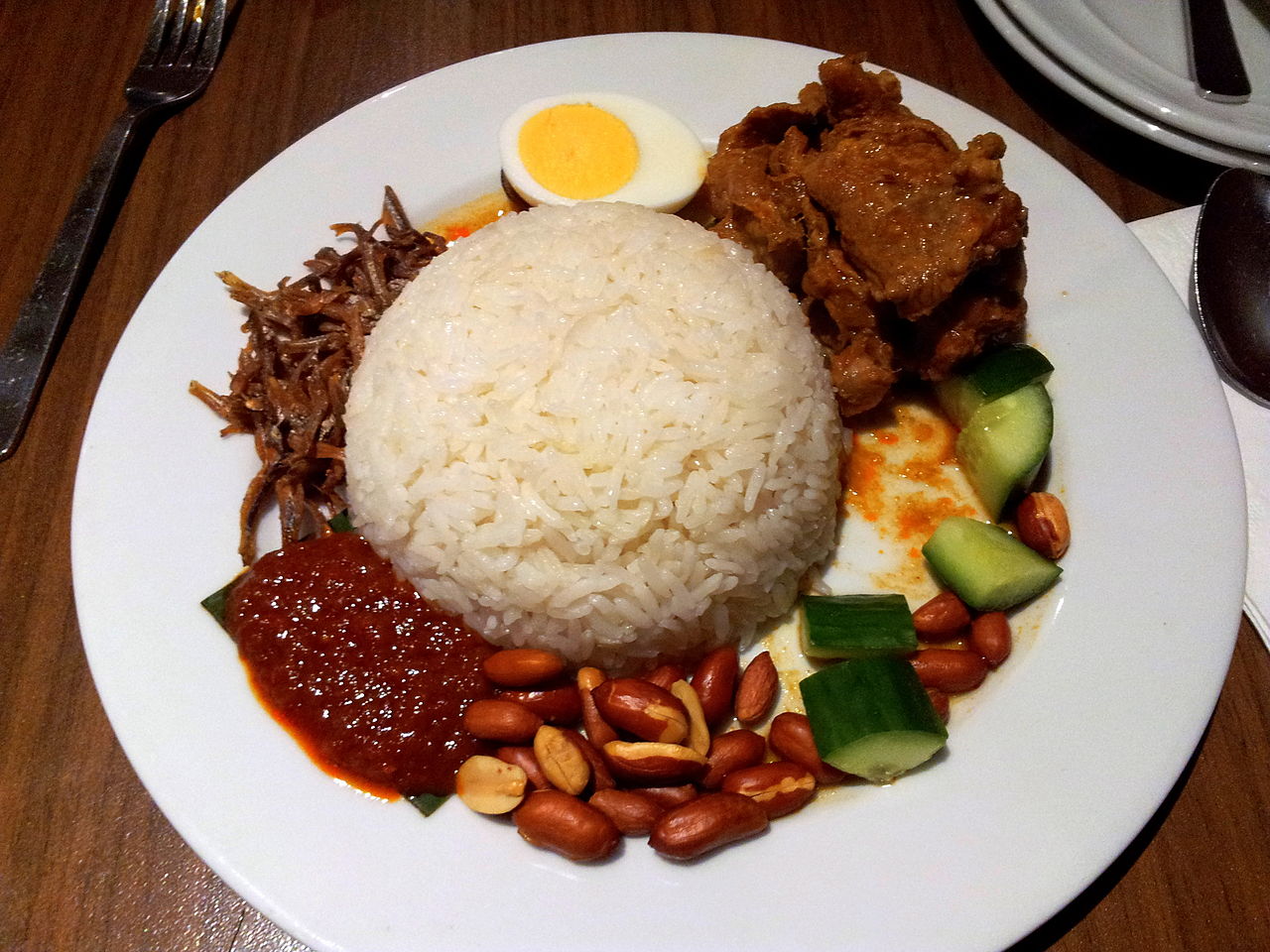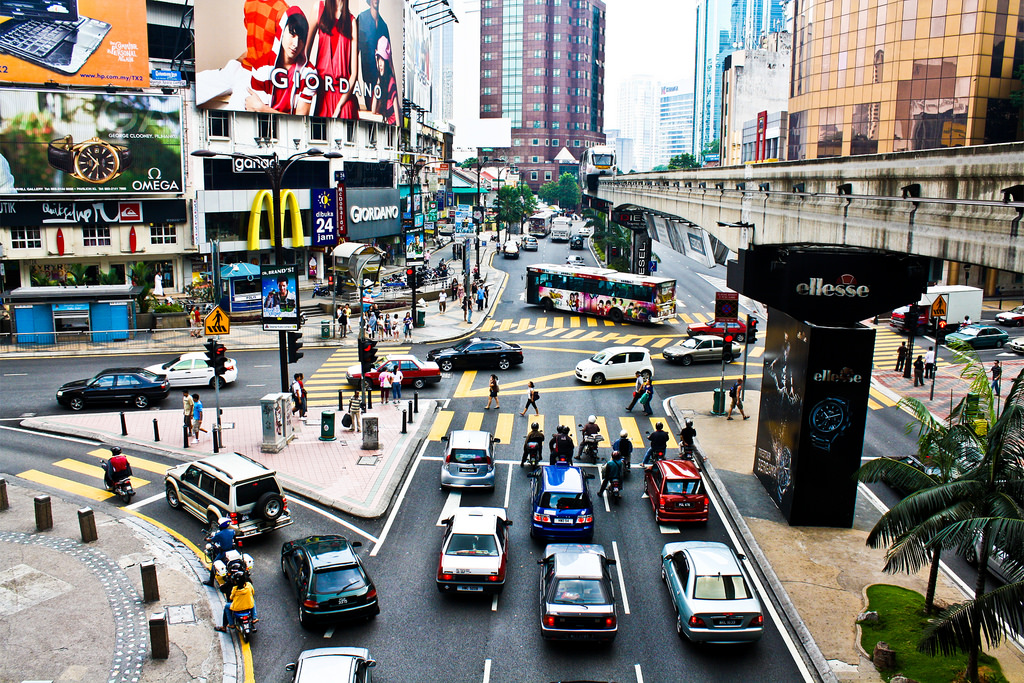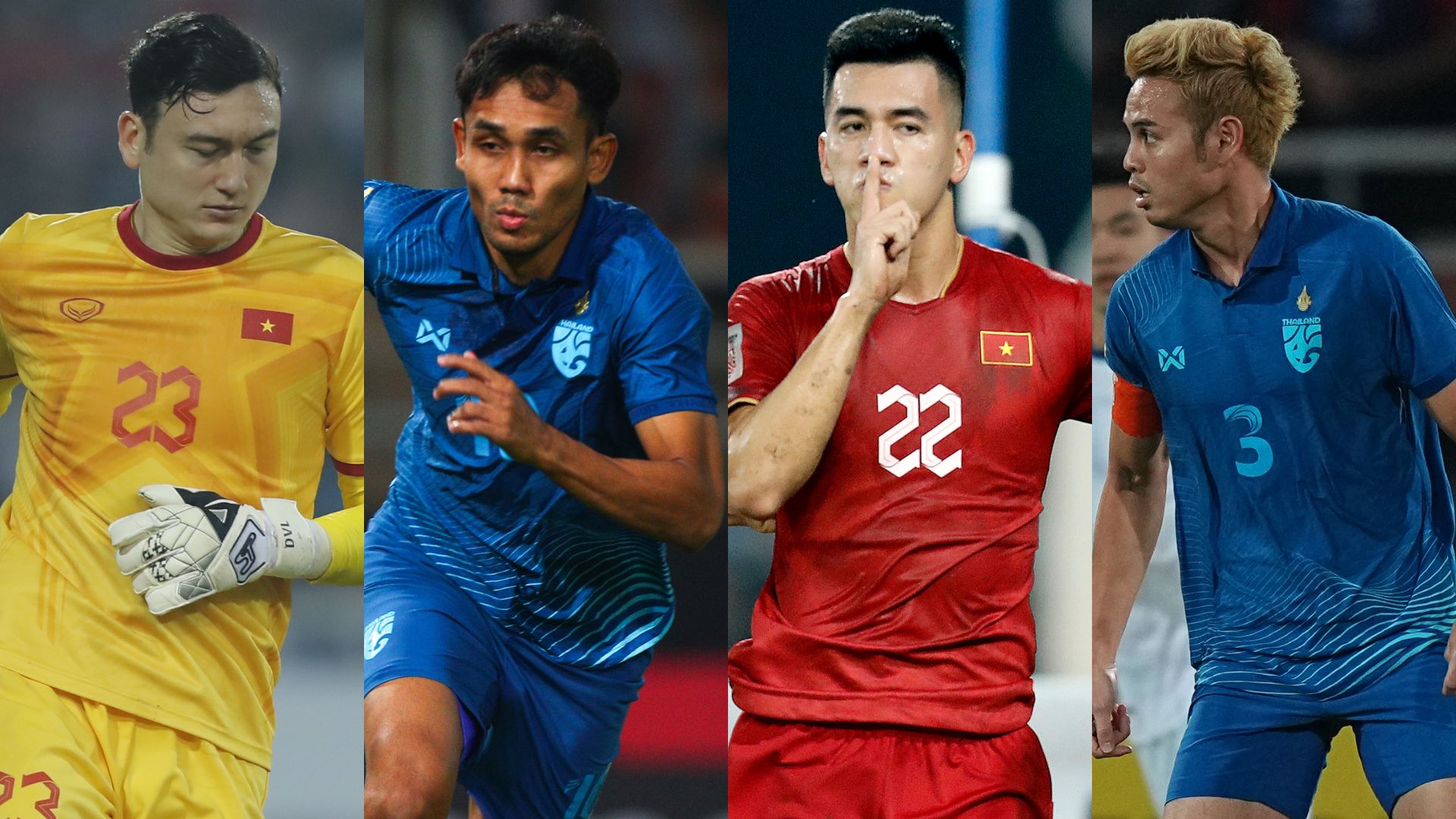AFF Suzuki Cup venue guide: Kuala Lumpur

For the first time in its 22-year history, the AFF Suzuki Cup will be a truly regional showpiece with matches being hosted by each of the ten participating nations.
That means a wealth of new venues, locations, culture and cuisine for fans to experience, and for those thinking of travelling to any of those countries, we’ve got you covered with our ten-part guide to the host cities.
We kick things off with the bustling Malaysian capital of Kuala Lumpur – host to some of the most thrilling encounters in Suzuki Cup history and a city that’s brimming with energy and a passion for the global game.
City: Kuala Lumpur
Population: 7.2 million
Currency: Malaysian Ringgit (1MYR = 0.24 USD)
Stadium: Bukit Jalil National Stadium
Local clubs: Kuala Lumpur, FELCRA FC

Having first hosted group stage matches in the 2004 AFF Championship, Bukit Jalil National Stadium was then thrust into the regional spotlight when it was the location for the first leg of the final that set up Malaysia’s maiden title back in 2010.
With an estimated 100,000 people present to witness the 3-0 win it’s still believed to be the largest crowd in the history of the tournament and one of the most memorable evenings in the storied past of the AFF Suzuki Cup.
Set to host Malaysia’s group stage encounters with Laos on November 12 and Myanmar on November 24 the nation’s capital is a fascinating place to visit.
What to do: As Ong Kim Swee tells us below, no visit to Kuala Lumpur is complete without taking in one of Southeast Asia’s most remarkable architectural feats – the (Petronas) Twin Towers. Aside from that though there’s plenty to keep visitors busy with a lagoon theme park, a bird park, temples, aquariums and plenty of shopping options including the ever-popular Central Market.
What to eat: Nasi Lemak – A staple across the country that’s a cheap and delicious meal consisting of rice that’s made fragrant by the addition of coconut cream and pandan leaves. Often served with cucumber, eggs and nuts, there are a host of regional variations but it’s a dish you’ll be able to find in almost any Kuala Lumpur neighbourhood.

Useful phrases: Selamat Berjuang – An expression that you’ll hear in and around football matches that means something like ‘good luck’ or ‘all the best’ in English.
Where to watch the other games: With football being such a large part of the national identity you won’t have much trouble finding bars and cafes that are showing all the matches from the AFF Suzuki Cup, with the Bukit Bintang area in particular having a collection of sport specific venues.
Where to stay: As you’d expect for such a large city there are a whole range of accommodation options available with the upper-end options centred around the KLCC area (where the Petronas Towers are located). But to be in the heart of the shopping and entertainment district many prefer Bukit Bintang (pictured below), which is well connected to the rest of the city and provides both budget and more higher-end options.

Stadium access: Trains can be taken from central Kuala Lumpur to Bukit Jalil station from where it’s around a 15-minute walk to the venue, although many locals prefer to take taxis – even with the often-congested roads on matchdays.
Inside knowledge – Ong Kim Swee (Malaysia U23 Coach)
“Everywhere I go in the world people always want to talk about the Twin Towers and it’s definitely one of our national landmarks.
“At the time it was built it was the largest twin towers anywhere in the world. My advice is that it’s best visited in the evening rather than the day because you can get a full sense of the beauty when the lights are on.”
Photos: Getty Images




















